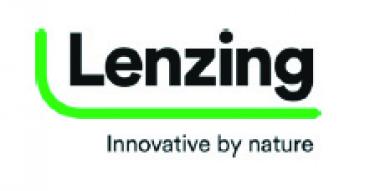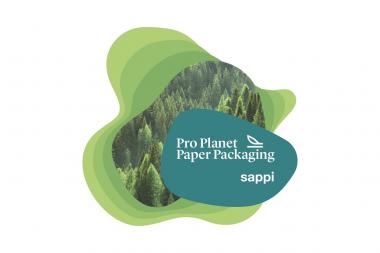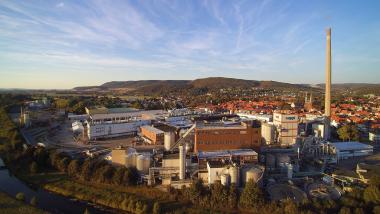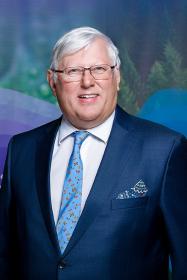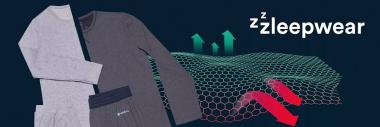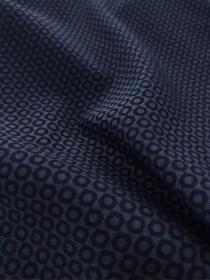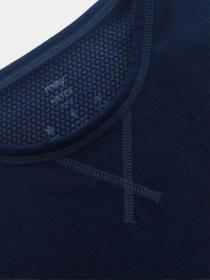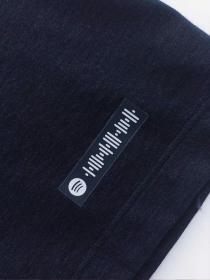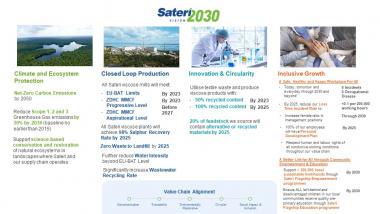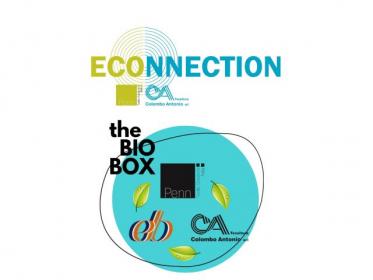Lenzing plans Upper Austria's largest ground-mounted photovoltaic plant
With the industrial use of solar energy, Lenzing sets new standards regarding decarbonization in the fiber industry.
The Lenzing Group plans Upper Austria’s largest ground-mounted photovoltaic plant on an area of around 55,000 m². The groundbreaking ceremony is scheduled to take place in summer 2021. After the expected commissioning in the second half of 2021, the plant's output will amount to 5.5 MWpeak. With approximately 16,000 modules, the plant will generate nearly 5,500 megawatt hours per year. This corresponds to the average annual electricity demand of more than 1,700 households and is unique in Upper Austria on this scale.
The photovoltaic plant is an important symbolic milestone for Lenzing on its way to becoming a CO2-neutral manufacturing site. This project is part of Lenzing’s global energy concept, which aims to provide electricity from 100 percent renewable sources in order to reduce CO2 intensity by 50 percent already in 2030 and to be globally climate neutral in 2050.
"The great challenges of our time need answers. As a leading company in innovation and sustainability, we are proactively contributing to the achievement of climate targets and setting new standards for our industry," explains Stefan Doboczky, CEO of the Lenzing Group. “In addition to ongoing major investments in CO2 neutral sites such as Thailand and Brazil, innovative projects at existing sites are bringing us one step closer to climate neutrality.”
Lenzing AG


